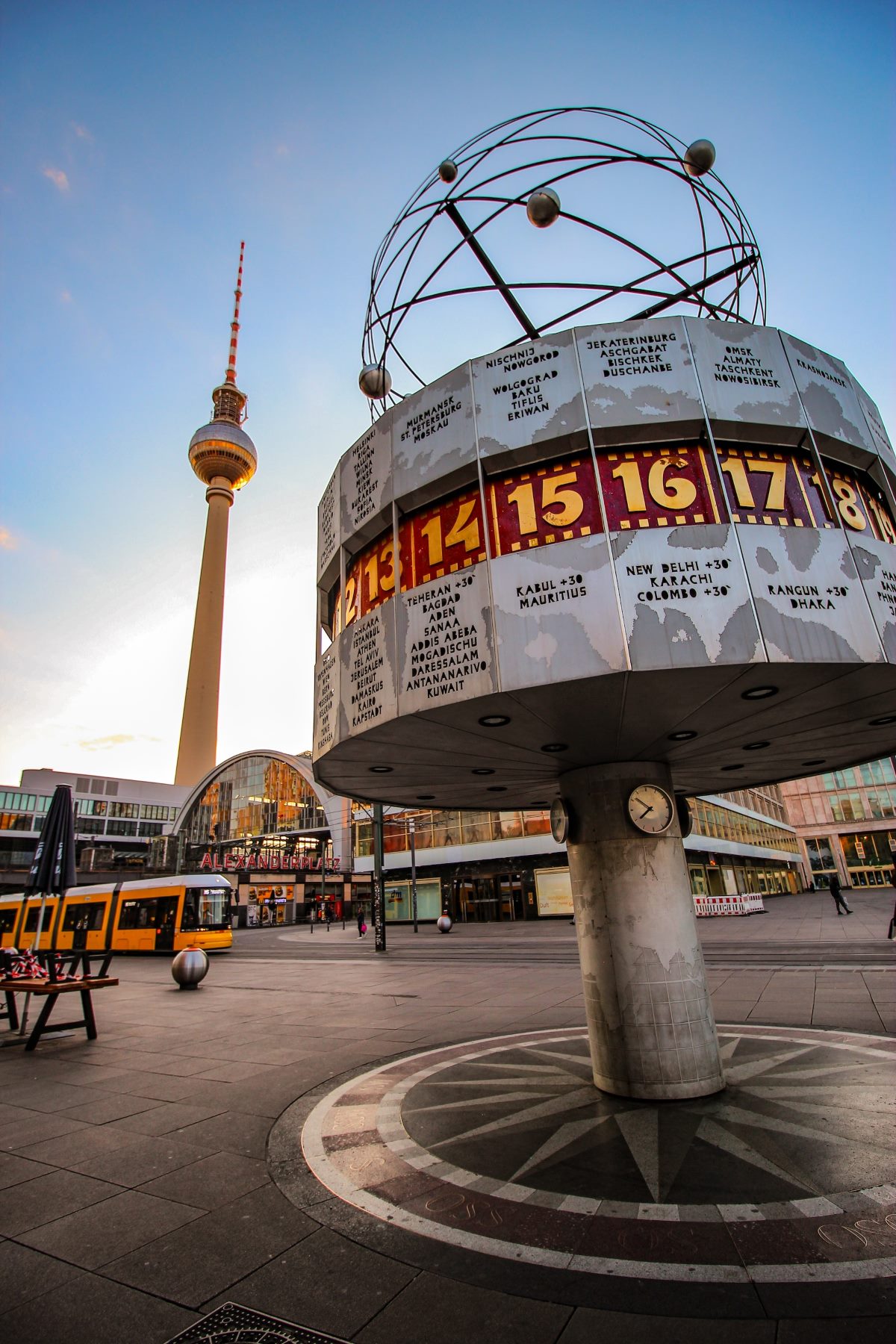When exploring a new city, many of us turn to tour guides to help us navigate through its history, culture, and attractions. In a city as rich in history and culture as Berlin, tour guides play a crucial role in not only providing valuable information but also contributing significantly to the local economy. In this article, we will explore the role of tour guides in Berlin’s economy and how they contribute to the city’s tourism industry.
The Importance of Tourism in Berlin
Tourism plays a vital role in Berlin’s economy. With its abundance of historical landmarks, museums, and vibrant cultural scene, the city attracts millions of visitors from around the world each year. These visitors spend money on accommodation, food, transportation, and various activities, which generates substantial revenue for local businesses and stimulates economic growth. Additionally, tourism creates job opportunities, with many individuals directly or indirectly employed in the industry.
The Role of Tour Guides
Tour guides act as ambassadors for the city, showcasing the best it has to offer. They provide visitors with in-depth knowledge, historical context, and local insights that enhance their overall experience. Tour guides are not only responsible for sharing interesting facts but also for creating engaging narratives that bring the city’s history and culture to life.
Guided Tours and Revenue
Guided tours are a popular choice for many visitors to Berlin. Whether it’s a walking tour through the city’s historic neighborhoods or a specialized tour focusing on art or architecture, tourists often rely on tour guides to provide curated experiences. This reliance on tour guides brings economic benefits to the city. Tourists pay fees for guided tours, and these fees contribute to the revenue of tour guide companies. These companies, in turn, support the local economy by spending their earnings on various goods and services.
Tourists’ Spending Power
Tour guides not only generate revenue directly through their services but also indirectly contribute to the local economy through the spending power of the tourists they cater to. As visitors explore the city on guided tours, they are likely to spend money on food, souvenirs, and local experiences, further boosting the economy. Restaurants, cafes, shops, and attractions all benefit from the increased footfall generated by tourists, and this helps to sustain local businesses and job opportunities.
Spillover Effect and Sustainable Tourism
A thriving tourism industry benefits not only tour guides but also other sectors of the economy. The success of the tourism industry creates a spillover effect, where businesses such as transportation providers, hotels, and restaurants experience increased demand and generate higher revenues. This, in turn, leads to job creation and stimulates economic growth.
It is important, however, to strike a balance between tourism and the preservation of Berlin’s cultural heritage. Sustainable tourism practices ensure that the benefits of tourism do not come at the expense of the local community or the city’s architectural treasures. Tour guides play a crucial role in promoting sustainable tourism by educating visitors about responsible and respectful behavior, as well as informing them about the city’s cultural norms and practices.
Conclusion
Tour guides are not just storytellers and local experts; they also play a significant role in Berlin’s economy. Through their services, they contribute to the tourism industry, generate revenue for tour guide companies, and help sustain other businesses in the city. Their knowledge and insights enrich visitors’ experiences, making Berlin an even more attractive destination for travelers from around the world.
So, the next time you find yourself exploring the streets and landmarks of Berlin, consider joining a guided tour to fully immerse yourself in the city’s history and culture, all while supporting the local economy.






Leave a Reply